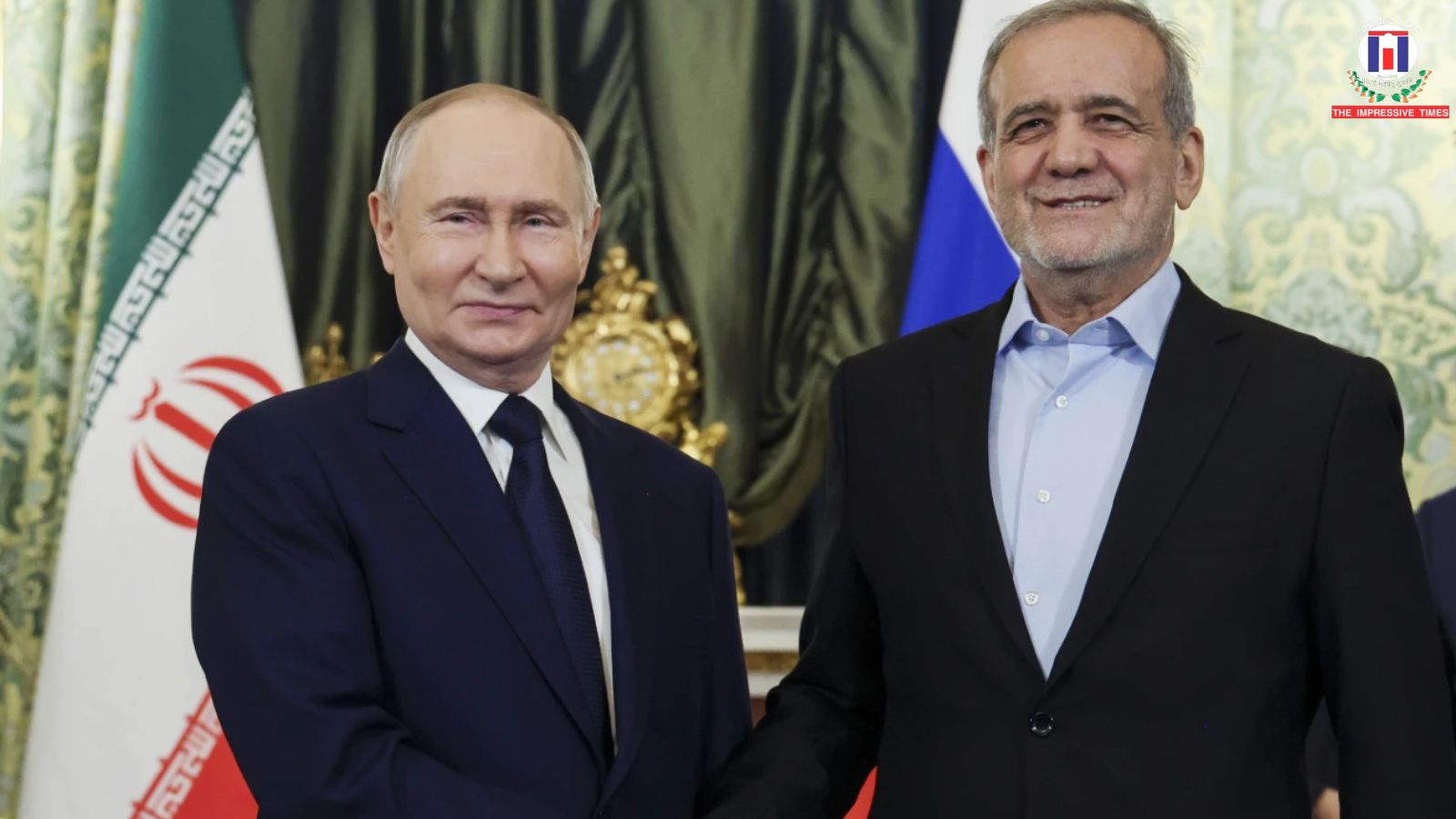
MOSCOW, 15 JUNE: Russia’s decades-long balancing act in the Middle East is facing a major test as tensions between Israel and Iran reach a dangerous peak. With strong ties to both nations — warm diplomatic and economic relations with Israel and strategic military cooperation with Iran — Moscow now finds itself in a uniquely precarious yet potentially influential position.
This weekend’s dramatic escalation, triggered by Israeli airstrikes on Iranian nuclear and military facilities that reportedly killed top Iranian generals and scientists, and Tehran’s subsequent retaliation with drones and missiles, has created a volatile situation. For Russia, the challenge lies in preserving its dual alliances while navigating the diplomatic minefield.
Analysts in Moscow suggest that this crisis, though diplomatically sensitive, could allow Russia to step into the role of a mediator — a power broker capable of easing hostilities in the region. It also comes at a time when the Kremlin may welcome a shift in global focus away from the ongoing war in Ukraine. Some observers argue that heightened attention on the Middle East could diminish Western resolve and resources directed at supporting Kyiv.
In response to the latest flare-up, Russian President Vladimir Putin engaged directly with both Israeli Prime Minister Benjamin Netanyahu and Iran’s newly elected President Masoud Pezeshkian.
In his conversation with Pezeshkian, Putin condemned Israel’s strikes and extended condolences to Tehran, reiterating Moscow’s support for diplomatic efforts to resolve the nuclear issue. Russia’s Foreign Ministry echoed this stance, calling the Israeli actions “categorically unacceptable” and warning that “all consequences will fall on the Israeli leadership.”
At the same time, Moscow’s response stopped short of offering military support to Iran. Despite a strategic partnership treaty between the two countries, Russia’s approach remains largely confined to political backing and diplomatic overtures.
Putin’s call with Netanyahu took on a more neutral tone. According to the Kremlin, he emphasized the need to return to negotiations and stressed that all issues related to Iran’s nuclear ambitions should be resolved through political and diplomatic channels. He also offered Russia’s assistance in mediating to prevent a broader conflict.
This dual-track diplomacy underscores Moscow’s attempt to maintain its relevance and influence in the region, especially at a time when U.S. engagement in the Middle East has been more selective. By presenting itself as a rational and neutral actor, Russia hopes to capitalize on the crisis to reinforce its image as a global power capable of conflict resolution — even as its own war effort in Ukraine continues.
Whether Moscow can genuinely broker peace or simply manage its alliances without alienating either side remains to be seen.
Russia’s deep-rooted ties with both Israel and Iran place it in a unique position to act as a mediator amid rising tensions. While its support for Iran remains largely political, and its relationship with Israel strategic, Moscow’s careful diplomatic balancing could enhance its image as a global power broker.
By engaging both sides through dialogue and offering mediation, Russia seeks to assert its influence in the Middle East and shift some global focus from Ukraine.





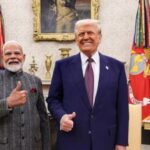
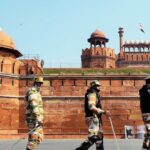







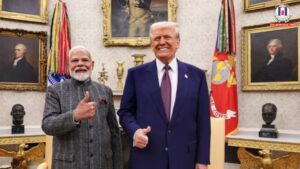
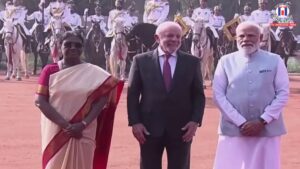

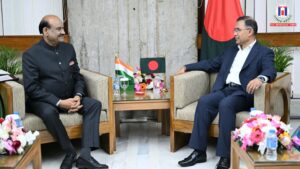
No Comments: